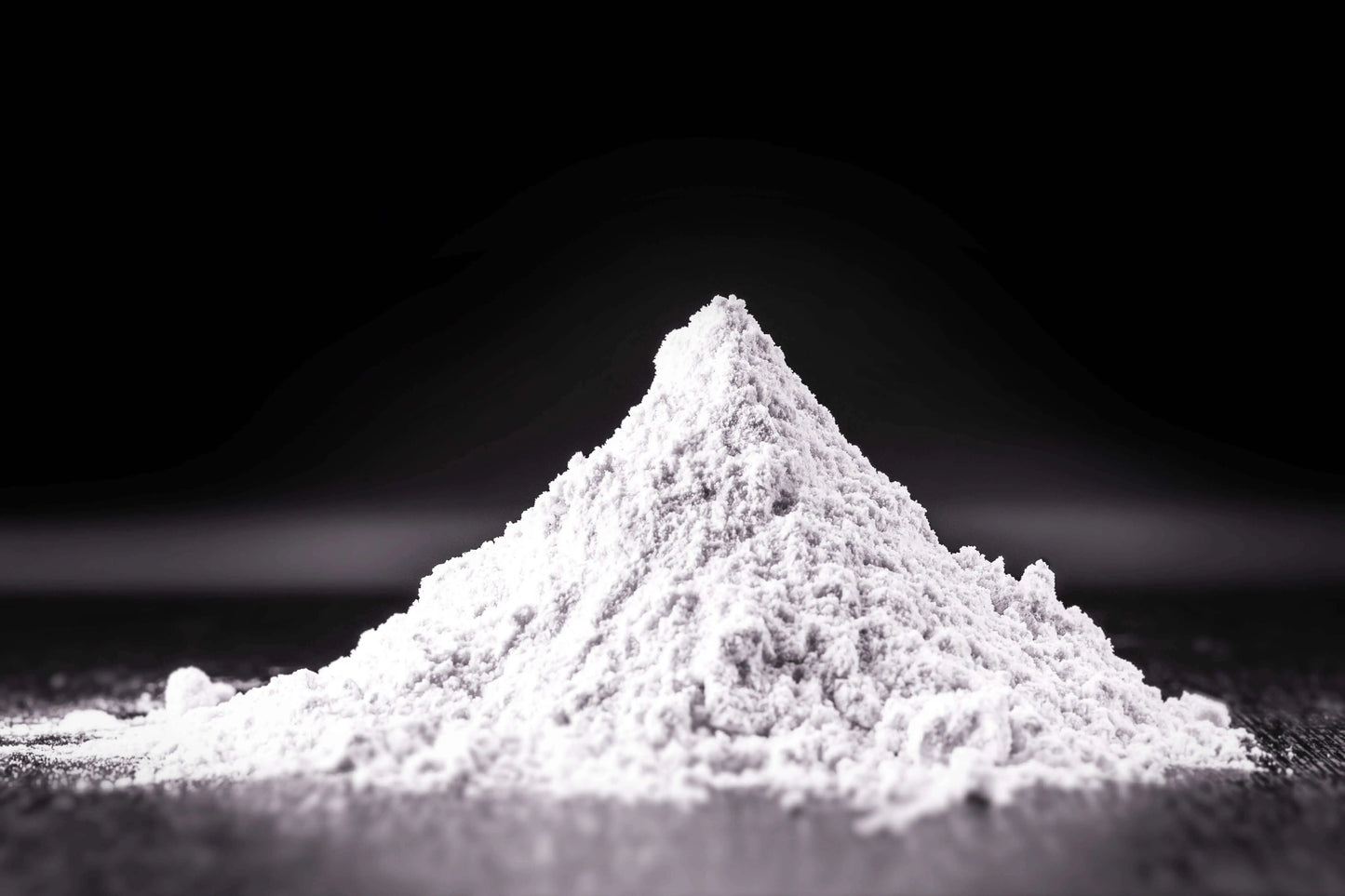No he podido todavía comprobar la eficacia. Es muy pronto. En 2 meses escribiré de nuevo. La entrega fue rapidísima. Me lo entraron a casa con un palet. Todo muy bien empaquetado y protegido. Sin duda volveré a recurrir a vosotros para la compra de mis sustratos y fertilizantes.
Mineravi
Dolomite Plus agricultural lime
Dolomite Plus agricultural lime
Could not load withdrawal availability
Multiply the growth of your crops.
Corrects the acidity of the soil of its crops, Cal Dolomita Plus contributes 30% calcium and 23% magnesium, with this we increase the growth potential of their crops and will make fertilizers 50% more efficient, or what It is the same, you can save 50% in fertilizers.
Importance of magnesium in crops.
Magnesium is of vital importance for photosynthesis in plants, and is responsible for the development and growth of roots and chlorophyll production. In most soils there is a lack of magnesium. The effect of rain eliminates mineral soil such as magnesium and calcium, making the soil more acidic and, therefore, less fertile.
Magnesium is the central component of chlorophyll, which is responsible for receiving the energy from the sun.
Advantages of the Dolomitic Calf
- Increases the pH of the ground, making it more fertile and assimilating the primary nutrients much better.
- Reduces aluminum toxicity, iron and manganese.
- Increase the level of magnesium and calcium on the ground.
- Improves microbial activity and fixes nitrogen on the ground.
Chemical composition of the Dolomita Plus
Our dolomita plus cal is very complete, 30% calcium and 23% magnesium, unlike other cales such as calcium carbonate, contributes a lot of magnesium.
Dolomitic calulometry
The available particle size is 0-0.80 mm, so its PRRT (relative neutralizing power) is 100, this reduces the amount needed to supply the crop since almost 100% of the particles are active and will make his work.
Amount of dolomita lime to apply
In the case of an application of solomitic calm, 200 grams for 1 m2 (2 tons per hectare), but this depends on the acidity of the soil.
PH 3.5 to 4.2> 3.5 tons per hectare
PH 4.3 to 4.8> 3 tons per hectare
PH 4.9 to 5.3> 2.5 tons per hectare
Calendar and dolomitic calm supply method
The ideal moment is 3 to 4 months before cultivation. It can be applied spreading or mixing it with the ground, 20 cm above the surface, where most of the roots are located.
Difference between calomita calm 1 mm. and 100 microns
When considering the dolomite cal with granulometries of 0-1 mm and 100 microns (100 µm.).
, here I present the advantages of each one:
Calomite cal 0-1 mm (thicker):
- Price: It is cheaper compared to the finest version.
- Prolonged release: Due to its larger size, the release of calcium and magnesium on the ground is slower, which can offer a more durable effect.
- Less prone to compaction: The thickest particles are less likely to compact, which can be beneficial if it seeks to maintain a good soil structure.
Cal Dolomita 100 microns (finer):
- Quick reaction: Thanks to its smallest size, it reacts more quickly on the ground. This is beneficial if you need to quickly adjust the pH of the soil or provide calcium and magnesium urgently.
- Better dispersion: Being thinner, it tends to disperse more uniformly on the ground, ensuring homogeneous coverage.
- Cost: While it is more expensive, the added value is in its rapid action and distribution capacity.
Conclusion: If you are looking for a more immediate and uniform solution and you are willing to invest a little more, the 100 microns dolomite is an excellent option. However, if you are looking for a more economical option and a longer release, the 0-1 mm is a good choice.
Send it to whoever you want
Ingredients
Ingredients
How to use
How to use














